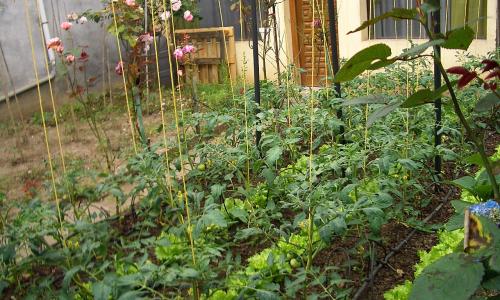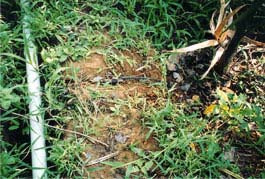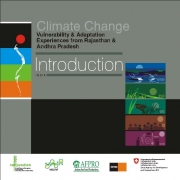
The term 'gardening' automatically conjures up visuals of an enclosed planned space, usually outdoors, where both ornamental and food plants are grown. But with shrinking open spaces in urban areas, people have had to become more creative in order to become more green. Terrace gardens! Not only are these green patches a visual delight but they also help provide city farmers with a healthy, organic food palette, free of pesticides.
An expert on terrace gardens, Dr Vishwanath Kadur has some simple tips to grow food on one's roof in earthen pots. Panchgavya, a concoction made up of cow dung and urine, fermented with a host of other ingredients, is another organic solution that can be prepared conveniently. Vani Murthy explains how a roof garden can be enriched through vermi composting.
A garden is possible no matter where you live. All you need to do is to flex your green thumb! Read our FAQ on terrace gardens and get answers to some basic questions that will have you get started on this exciting venture!
/topics/gardening






 Human faeces and urine (toilet manure) are a serious waste disposal problem especially in areas with high human population density. At the same time they are rich in nutrients that are essential to plants.
Human faeces and urine (toilet manure) are a serious waste disposal problem especially in areas with high human population density. At the same time they are rich in nutrients that are essential to plants. Together, India, Brazil and South Africa have about 20 per cent of the world’s population. Although the three countries have demonstrated the potential for transformative development in the South, their experience has been marked by key challenges such as relatively high levels of poverty, inequality and food insecurity, problems that persist for significant numbers of people.
Together, India, Brazil and South Africa have about 20 per cent of the world’s population. Although the three countries have demonstrated the potential for transformative development in the South, their experience has been marked by key challenges such as relatively high levels of poverty, inequality and food insecurity, problems that persist for significant numbers of people. Organizer: Bhoomi Network for Sustainable Living
Organizer: Bhoomi Network for Sustainable Living This document discusses the process oriented programme of
This document discusses the process oriented programme of